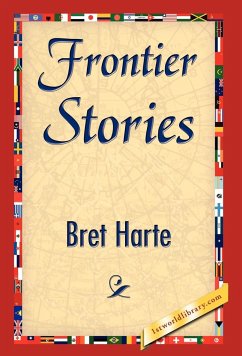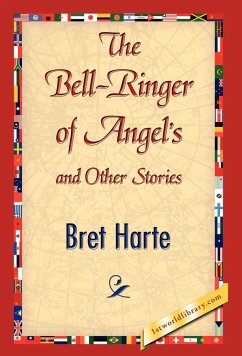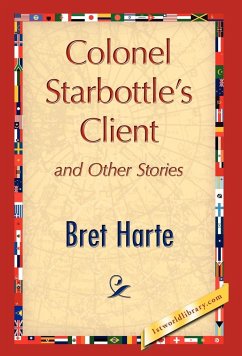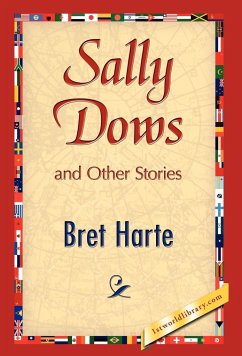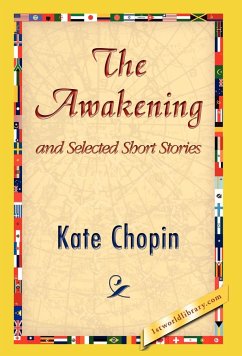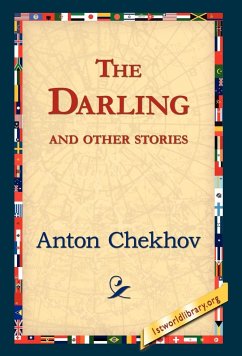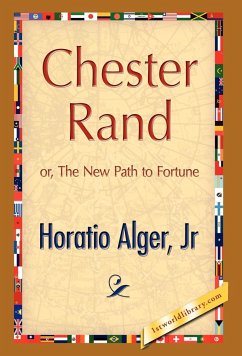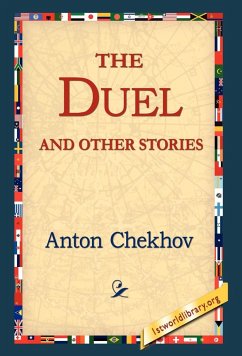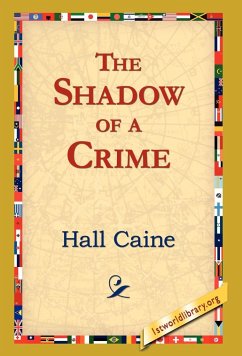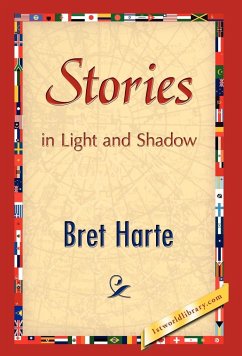
Stories in Light and Shadow
Versandkostenfrei!
Versandfertig in über 4 Wochen
23,99 €
inkl. MwSt.

PAYBACK Punkte
12 °P sammeln!
The American consul for Schlachtstadt had just turned out of the broad Konig's Allee into the little square that held his consulate. Its residences always seemed to him to wear that singularly uninhabited air peculiar to a street scene in a theatre. The facades, with their stiff, striped wooden awnings over the windows, were of the regularity, color, and pattern only seen on the stage, and conversation carried on in the street below always seemed to be invested with that perfect confidence and security which surrounds the actor in his painted desert of urban perspective. Yet it was a peaceful ...
The American consul for Schlachtstadt had just turned out of the broad Konig's Allee into the little square that held his consulate. Its residences always seemed to him to wear that singularly uninhabited air peculiar to a street scene in a theatre. The facades, with their stiff, striped wooden awnings over the windows, were of the regularity, color, and pattern only seen on the stage, and conversation carried on in the street below always seemed to be invested with that perfect confidence and security which surrounds the actor in his painted desert of urban perspective. Yet it was a peaceful change to the other byways and highways of Schlachtstadt which were always filled with an equally unreal and mechanical soldiery, who appeared to be daily taken out of their boxes of "caserne" or "depot" and loosely scattered all over the pretty linden-haunted German town. There were soldiers standing on street corners; soldiers staring woodenly into shop windows; soldiers halted suddenly into stone, like lizards, at the approach of Offiziere; Offiziere lounging stiffly four abreast, sweeping the pavement with their trailing sabres all at one angle. There were cavalcades of red hussars, cavalcades of blue hussars, cavalcades of Uhlans, with glittering lances and pennons-with or without a band-formally parading; there were straggling "fatigues" or "details" coming round the corners;



